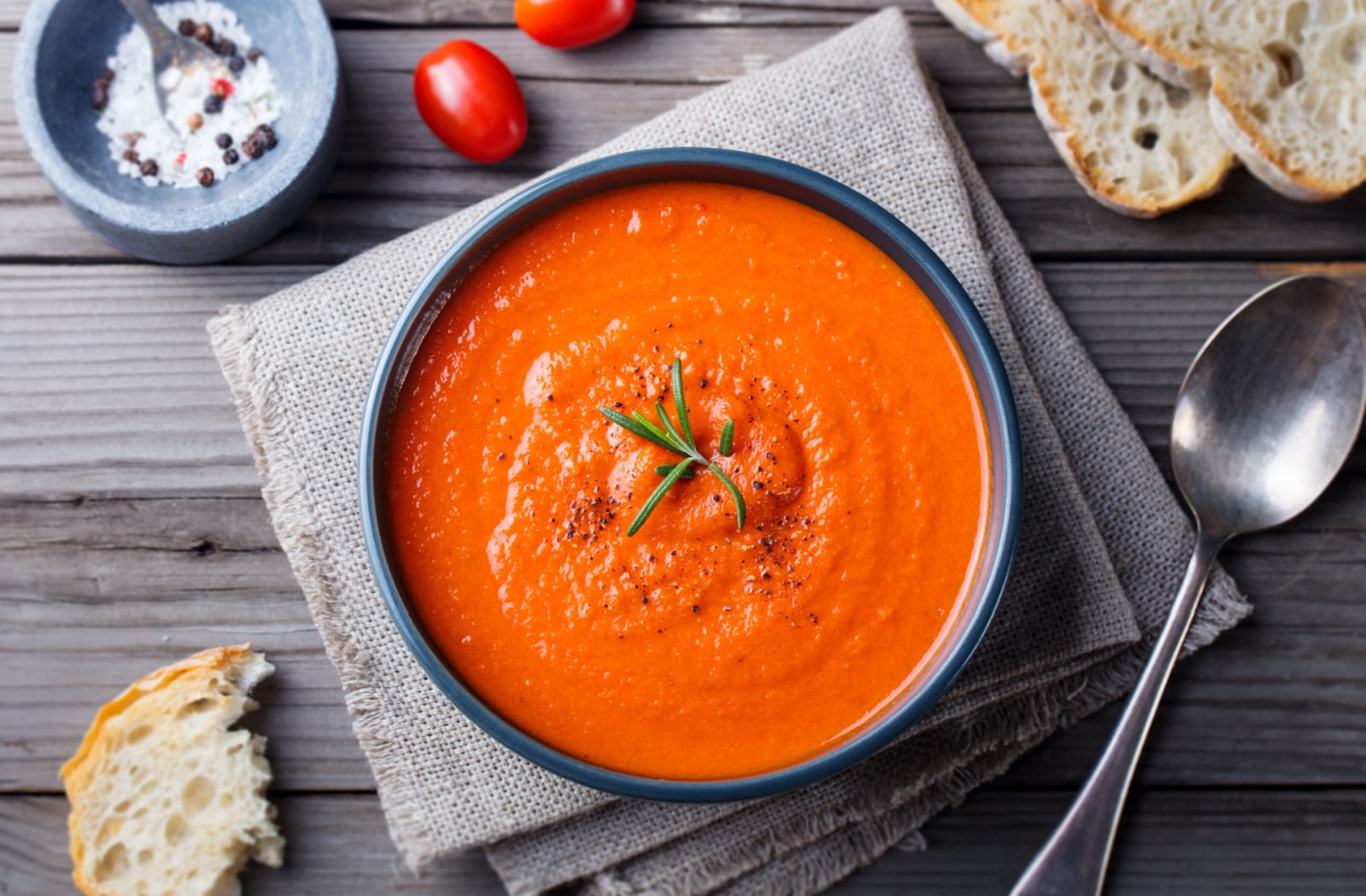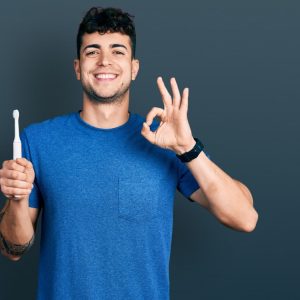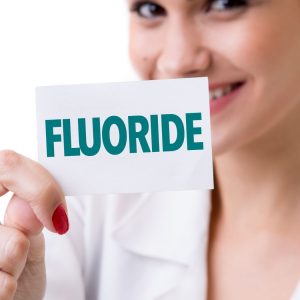What to Eat After a Tooth Extraction
There could be any number of reasons someone might need a tooth extraction, from infection to troublesome wisdom teeth. Having a tooth removed is generally a significant procedure, and it’s important to follow your dentist’s aftercare recommendations to prevent complications like infection.
We all need to eat and drink, but there are some things to keep in mind after having a tooth extracted. Extremely soft foods or liquids are all you should consume immediately following the procedure. After the first day, you could move on to firmer foods.
Your dentist will provide the best advice on what you can eat and should avoid after oral surgery. They consider the particular procedure you had when making their recommendations.
Eating After a Tooth Extraction
It’s important to stay nourished after oral surgery. Nutritious food plays a significant role in supporting a strong immune system, an essential part of recovery.
How Soon After a Tooth Extraction Should You Eat?
But you can’t go back to eating the same foods you ate before the tooth extraction right away. Typically, you can take out the gauze and eat very soft foods within a few hours of a tooth extraction. And many people will feel well enough to eat normally within 2 weeks.
But it’s important to follow your dentist’s instructions because this could vary from person to person and between different oral procedures.
Foods to Eat After a Tooth Extraction
You may not feel comfortable returning to your normal diet for a couple of weeks following a tooth extraction. As tempting as it might be to use this as an excuse to eat nothing but ice cream and popsicles—although these make a great treat that can help with pain during your recovery—it’s important to continue getting the proper nutrients. Calories, protein, vitamins A and C, and zinc are all important nutrients that contribute to speedy healing.
First 24 to 48 Hours
For the first 1 to 2 days, the wound site will be fresh, and you should only eat foods that require little to no chewing to minimize the chances of disturbing the new tissue growth and clotting.
Foods to eat during the first 2 days include:
- Yogurt: avoid any varieties with fruit or nut chunks in them. Greek yogurt is an excellent option because it has more protein and vitamins than other yogurts.
- Ice cream: You don’t want to live off ice cream, but the cold temperature can help soothe your discomfort.
- Milkshakes & smoothies: When you make these yourself at home, it’s easy to pack them full of nutrients from various fruits and veggies. Remember to avoid using straws when (more on this later).
- Soup: This is another great option for a nutrient-dense meal. But remember that you should avoid anything hot for a while, and make sure that any solid pieces in the soup are pureed. A simple broth can be a good choice too.
- Eggs or well-cooked pasta: These options may still require some chewing, so use your best judgment and consult your dentist for their advice.
 After the First or Second Day
After the First or Second Day
By day 2 or 3, your mouth may feel much better. But it’s still important to give it the time it needs to heal before returning to your regular diet. You can try including hotter foods now because the blood clots in the tooth socket will be less likely to restart bleeding.
Although you’ll likely chew better at this point, you’ll still want to minimize it as much as possible. Along with any of the foods acceptable on day one, you can also try:
- Bread & pasta: Including some bread or pasta in your diet can be a great way to get some carbohydrates into your diet. Overcooking the pasta can make it easier to manage.
- Cooked vegetables: Vegetables are an integral part of a healthy balanced diet. By day 2 or 3, you should be able to include them in your diet again. Make sure you cook them until they are very soft to avoid causing pain or bleeding in the empty tooth socket.
- Ground meat: Chicken and beef are great protein sources. Although you probably shouldn’t try and eat a steak, ground meat may be fine. But it may be better to wait a day or 2 if you still find it uncomfortable to chew.
The above foods are far from a comprehensive list, but it can give you a good starting point to plan your diet while your mouth recovers.
A Note About Drinking After a Tooth Extraction
Your diet will likely consist of a lot of smoothies and other liquids following a tooth extraction. It’s important to avoid straws altogether. The suction can irritate and dislodge the blood clot in the empty tooth socket, slowing healing and causing bleeding.
Discuss Your Tooth Extraction Aftercare with Us
Every situation is different from the next. And we understand that many experience dental anxiety, especially when it involves a tooth extraction. We’ll review all the important aftercare instructions with you to help you recover as quickly as possible.
Call us at South Bolton Dental if you have questions about tooth extraction aftercare. Our professional team can answer your questions. And we’re happy to book you an appointment with one of our experienced dentists if more comprehensive questions need answers.









